These are some of the automotive trends to look out for in 2024
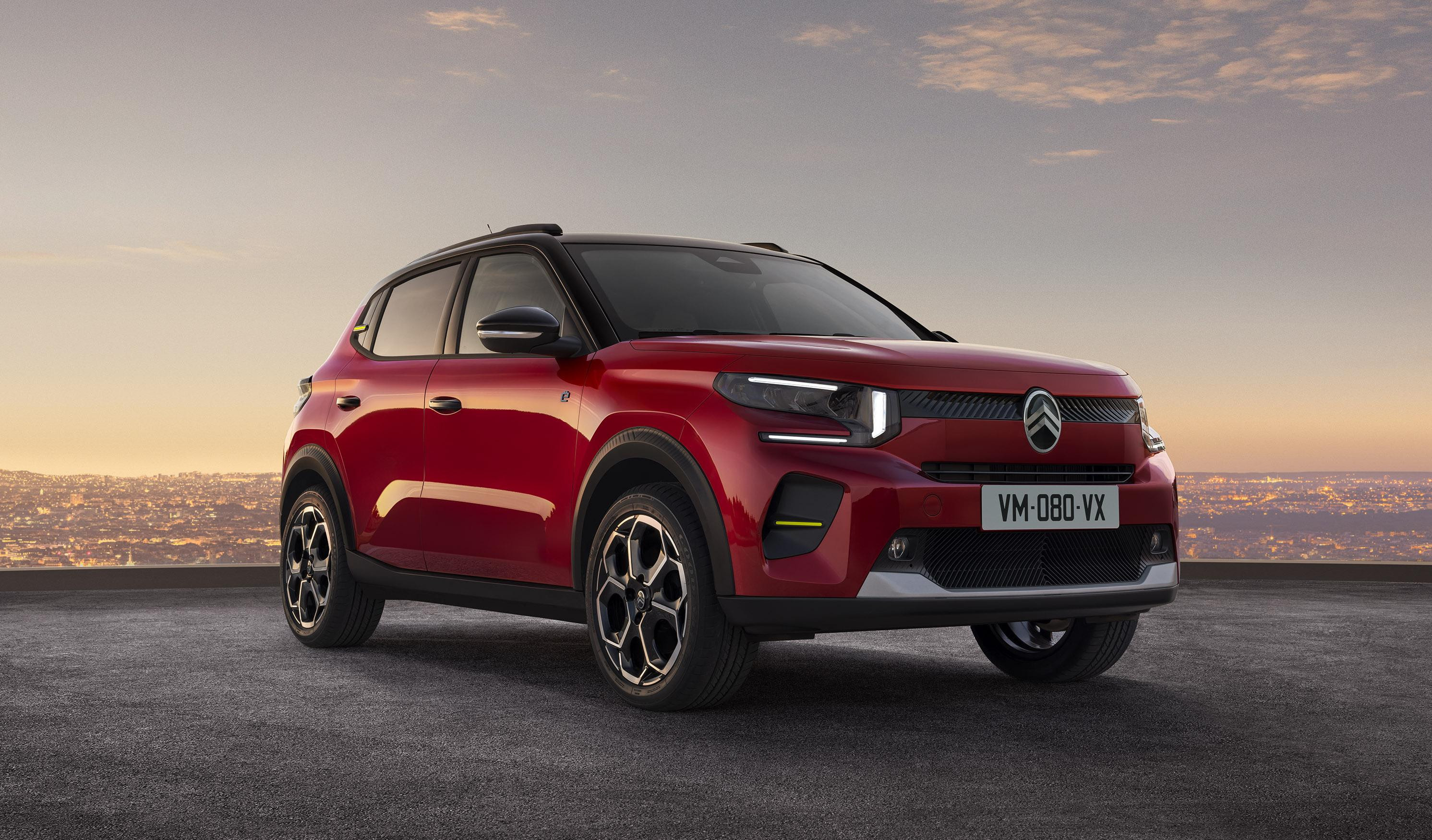
The last 12 months have been important for the motoring industry but things are set to shake up in 2024. There are some important new regulations coming into place which will change the types of cars coming here while the emergence of new brands will change the kind of cars that we see on our roads.
Needless to say, it’s going to be an interesting 12 months - so let’s take a look at some of the trends to get ready for in 2024.
ZEV mandate requires more electrification
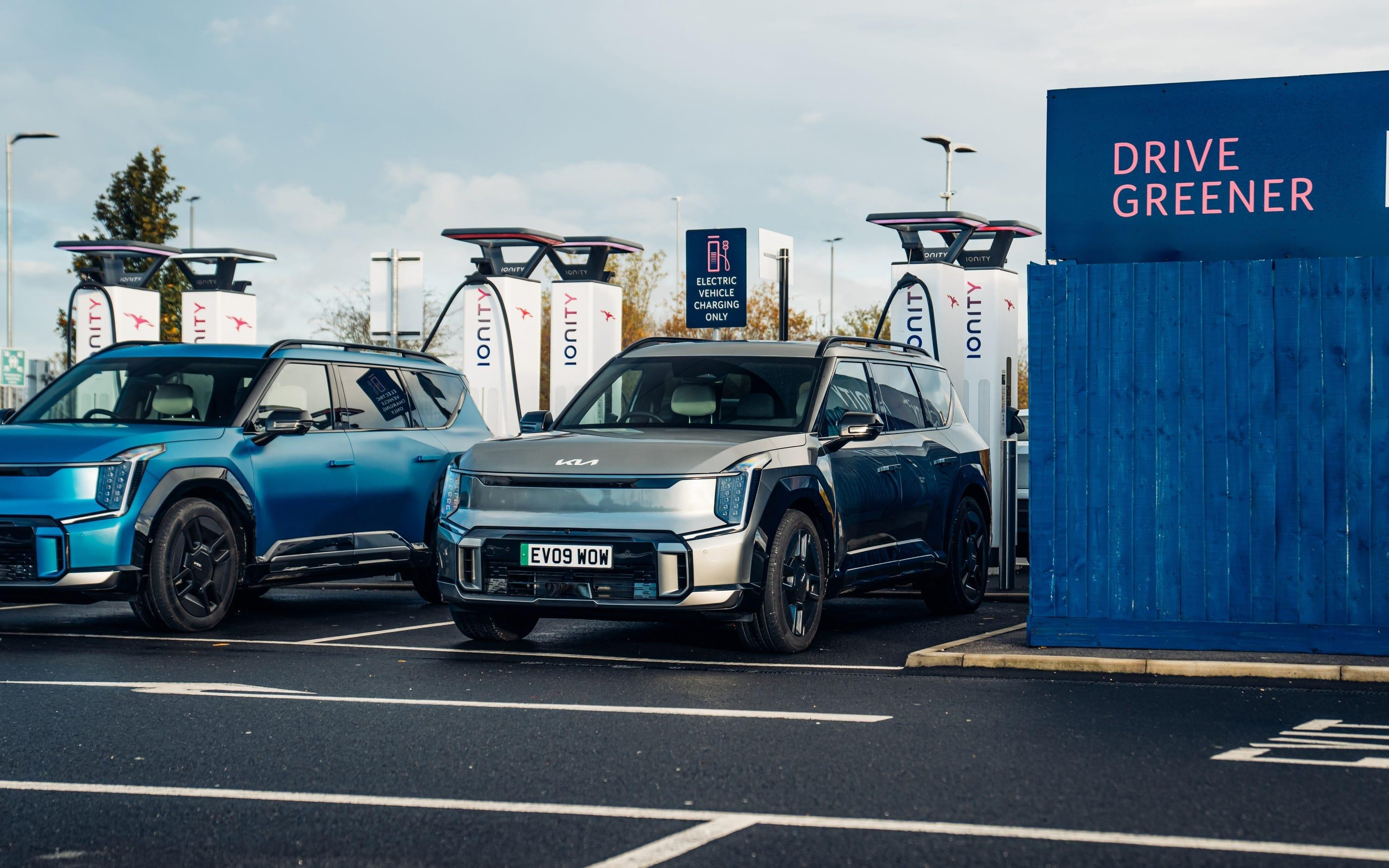
Manufacturers are set for a very big 2024, that’s for sure, with the introduction of the new Zero Emissions Vehicle (ZEV) mandate. It’s a brand-new framework which will require manufacturers to deliver a certain percentage of electric-only vehicles as a part of their total output. It starts with 22 per cent of vehicles required to be zero-emissions in 2024, increasing to 80 per cent in 2030.
It’s then going to ramp up to 100 per cent of vehicles in 2035 which brings the UK into the same timescale as countries such as France, Germany and Sweden. This new framework will put increased pressure on manufacturers to develop more electric vehicles and introduce them to the market. This will broaden the variety of EVs on sale, giving buyers more options than before.
Increasing presence of Chinese manufacturers
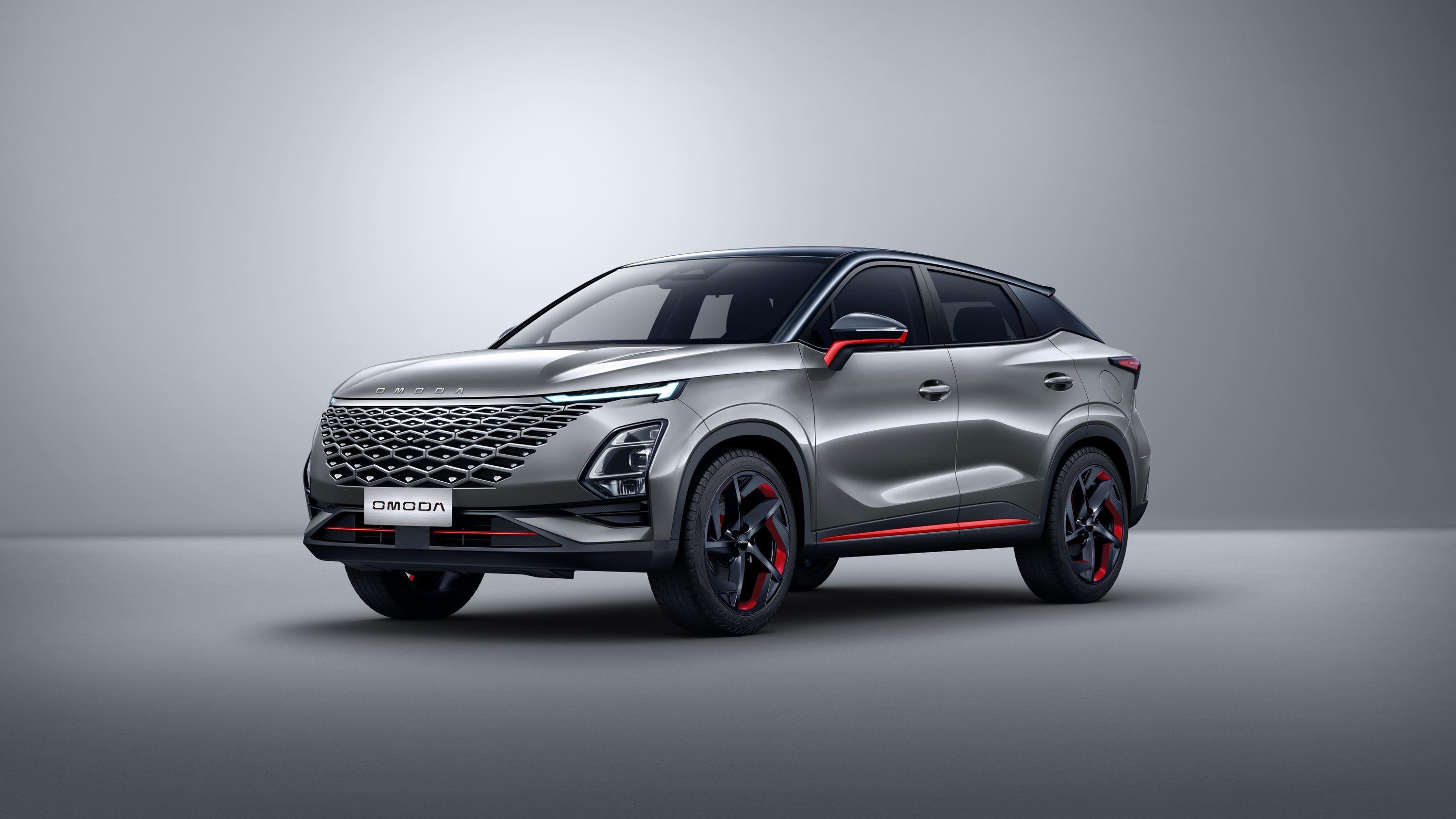
Chinese manufacturers have already grown in popularity during 2023, with companies such as MG really making a big impact on the market. However, there are set to be a whole lot more Chinese manufacturers arriving on the scene in 2024 as they look to break into the European market.
Top companies such as BYD and SAIC - which have already started selling cars in the UK - will further develop their range, while companies such as Geely are taking a multi-pronged approach through their ownership of Volvo, Lotus and Polestar.
Cheaper electric cars
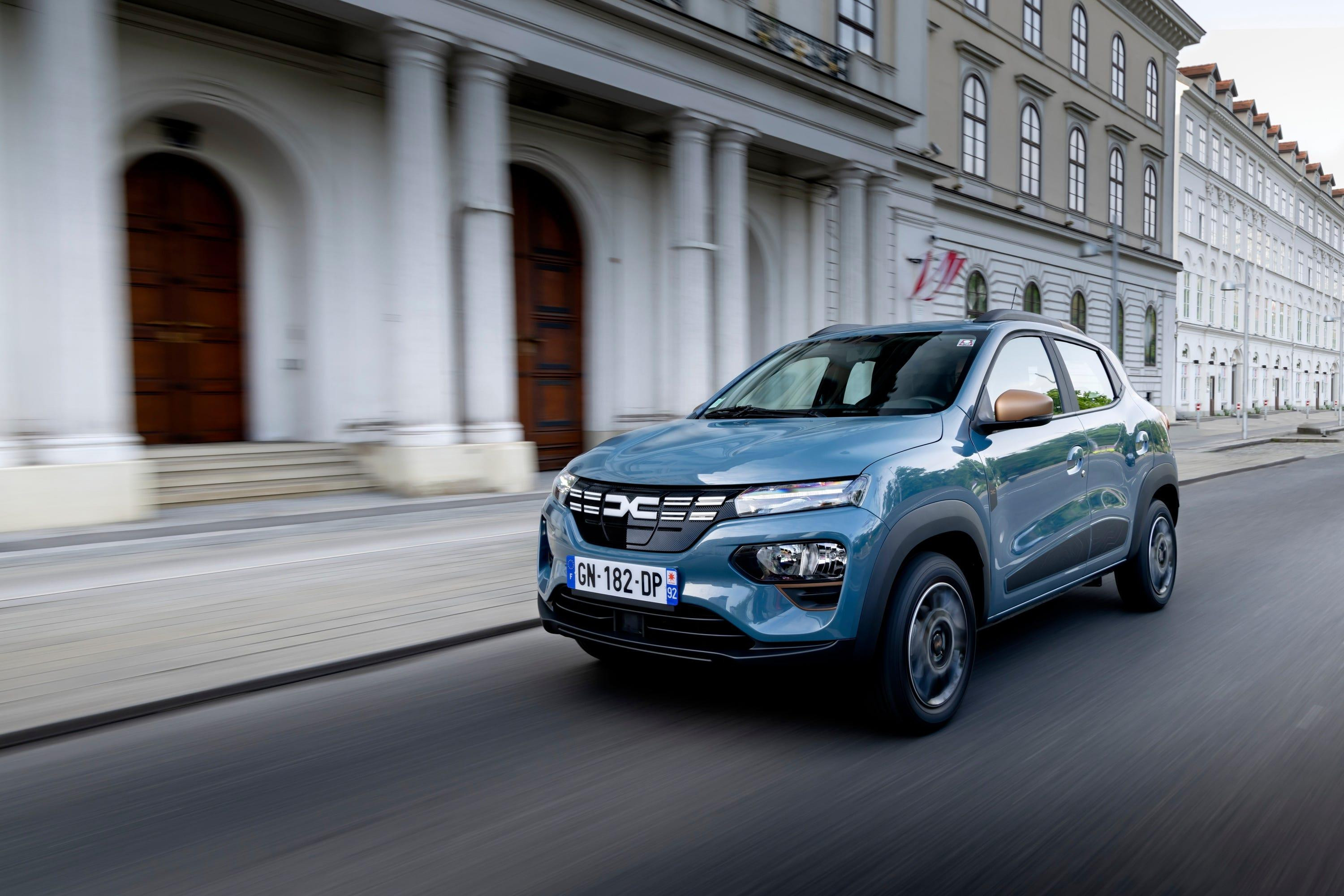
Though electric cars have become far more popular, many of them still remain quite expensive. However, as the technology develops and becomes more accessible, EVs will likely become more affordable and easier to access.
Cars like the Dacia Spring will arrive with a starting price under £20,000 while the new Citroen e-C3 will cost around £23,000. Companies like Volkswagen are already working on low-cost EVs, too, with its upcoming ID.2 set to cost around £22,000 - though that model is still a little way off just yet.
More sustainable materials

We’re expecting to see an even greater use of sustainable materials in new cars. Already there has been a surge in the use of recycled and eco-friendly features, but it’s likely that these will become more commonplace in the new car market.
Most manufacturers are already using materials sourced from reclaimed marine plastics while there are even components made out of more innovative materials such as cork and even mushrooms.
More autonomous technology
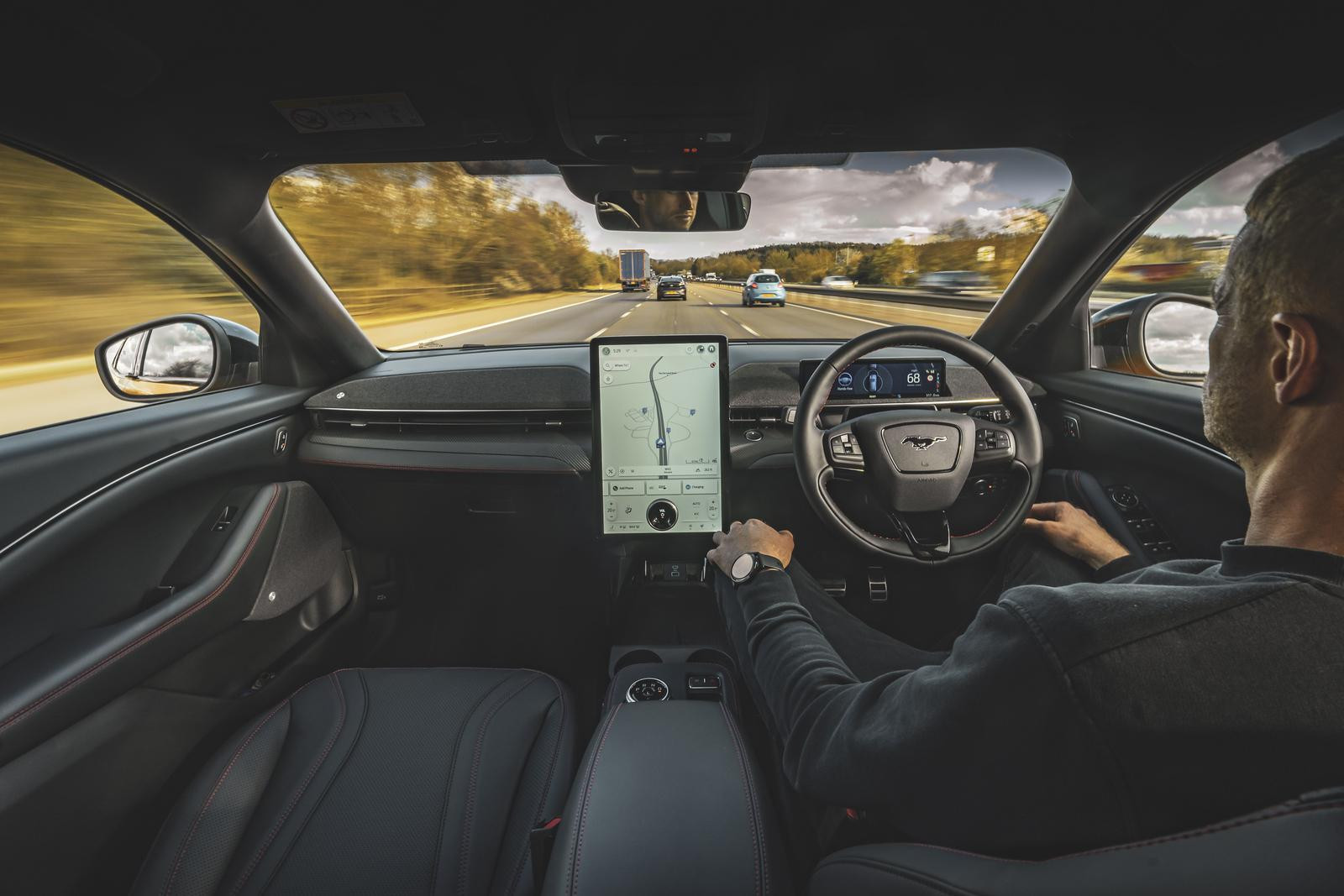
Autonomous technology remains a point of contention - and one which consistently grabs the headlines - but it’s something which is constantly being developed by manufacturers. Tesla, obviously, is one of the loudest manufacturers in this department, but other car companies are quickly developing a lot of their own assistance technology.
While it’s unlikely that autonomous cars will fully arrive on the roads during 2024, there are set to be more trials of self-driving cars in the public sphere with companies such as Nissan due to put their autonomous vehicles to the test on rural and residential roads in the UK.


















